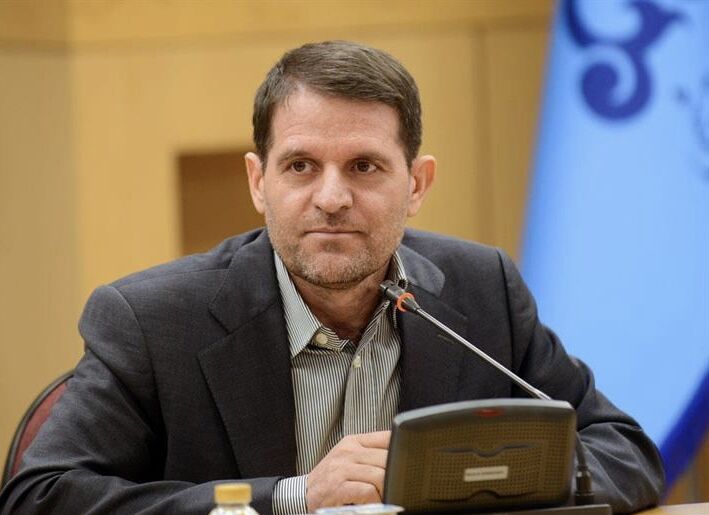According to the National Petrochemical Company, Hasan Abbaszadeh stressed the importance of environmental governance, corporate responsibility, and strengthened collaboration with the Department of the Environment during a video conference meeting on Wednesday with the Special Economic Petrochemical Zone on the occasion of World Environment Day.
Abbaszadeh noted that while industrial development is accelerating globally, neglecting environmental concerns would render such growth unsustainable and detrimental to human well-being.
He added that the petrochemical industry has prioritized environmental protection since its inception, striving to align with ecological principles. In line with this commitment, cooperation with the Department of the Environment is underway, and joint programs were recently discussed with Shina Ansari, head of the DoE, to enhance collaboration.
Reducing flaring: A key environmental priority
The deputy oil minister highlighted the National Petrochemical Company’s major environmental initiatives, emphasizing flaring reduction and utilizing flare gas as industrial feedstock. Most flares are located in southern oil-rich regions near the Special Economic Petrochemical Zone.
Abbaszadeh noted that major projects, such as the Bid Boland Persian Gulf Refinery and NGL 3100 by the Persian Gulf Holding, aim to capture associated gas and reduce emissions. The Bid Boland gas gathering project alone, with over $1.1 billion in investment, has been implemented across several provinces. Additionally, the second phase of NGL 3200 will launch in February, 2026.
He also mentioned significant green space development, including approximately 4,000 hectares of new green areas—mostly in Khuzestan Province—and the planting of 1,470 hectares of mangrove forests by the petrochemical industry.
Avoiding conventional water use in the Seventh Development Plan
The official stressed the need for a new desalination project in the Special Economic Petrochemical Zone, stating that under the Seventh Development Plan, industries must avoid conventional water usage. "We must reduce Fajr Energy Persian Gulf Company’s reliance on Karun River water and take steps to preserve water resources," he said.
Abbaszadeh also reiterated the company’s commitment to combating desertification in Dust Source No. 6, expressing hope that the approval of the second phase of the Special Economic Petrochemical Zone would bring this major initiative to fruition for Khuzestan residents.
He highlighted energy management and fuel consumption reduction efforts, citing companies like Petrochemical Technology Development (using excess hydrogen instead of fuel) and Amir Kabir Petrochemical Company (transferring excess steam) as examples of progress in this area.


Your Comment